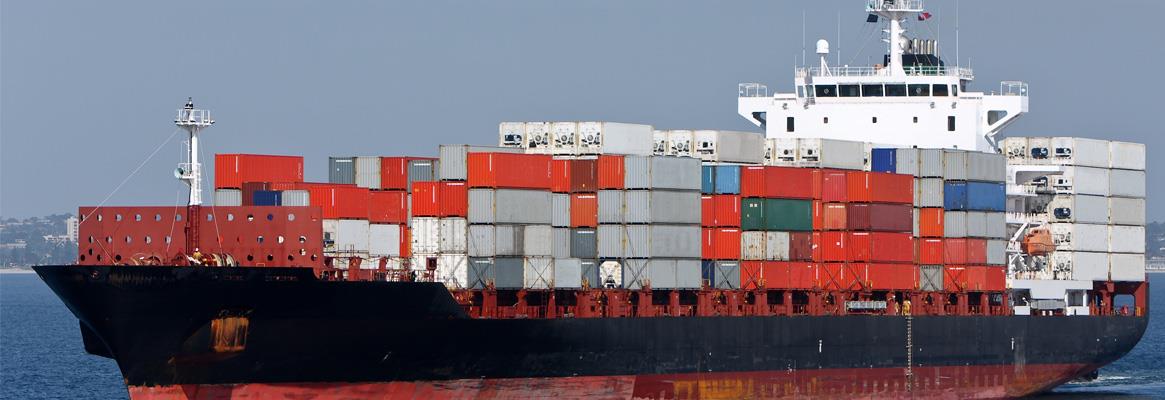Uzbekistan should opt for containerised cargo movements supported by efficient trucking to add to ongoing reforms, suggests Krishnan Ramamurthi.
A paradigm shift in global supply and value chains in response to the escalating US-China trade war is reshaping trade flows. Trade participants from all levels are pressurised to rethink current complex and extensive supply chains. Disruptions connected to the trade war have raised the scale of uncertainty to new levels. Hedging the complex supply chain permutations in lower-cost production hubs remains a high priority. Global trade has intensified efforts to develop sustainable manufacturing footprints that are able to deliver both tariff risk mitigation and supply chain efficiencies.
Adding value to Uzbek commodity trade by optimising logistics delivery modes
Uzbekistan, endowed by the presence of oil and gas, gold agricultural scalability, in addition to the largest skilled regional demographic profile, presents a business case for medium- to long-term growth potential. This growth trajectory is further compounded by China's 21st-century Maritime Silk Road Initiative that spans 152 countries.
The landlocked logistics of Uzbekistan presents opportunities in containerisation and trucking for commercial exploitation. Its multi-model logistic footprint includes cross-border operations, spanning over two sovereign territories, prior to coastal seaport access for onward ocean freighting. Land transportation has and will continue its vital linkage roles, serving as a critical success determinant to its strategies for opening up the economy. Extensive and regionally-integrated railway freight systems traditionally dominate land transportation freight flows. This Soviet Union supply chain inheritance facilitates railway freight transported in wagons that are subsequently consolidated at coastal seaports for onward conventional containerised shipments. Global shifts in consumer trends requiring shorter lead time, transparent and cost-efficient supply chains pose serious challenges to this transportation system. Containerised cargo movements supported by efficient trucking, also a traditional trade enabler, remains an untapped latent opportunity.
Sanctions on Russia, Iran an impediment to Uzbek supply chain
The Achilles heel in landlocked supply chains is free access to ocean freight. Although the UN Convention on the Law of the Sea grants hinterland countries access and rights to the sea, indirect barriers of trade continue.
The far-reaching ways of sanctions on Russia and Iran has resulted in curtailed export volumes not only for the designated countries but also for regional neighbours. Additionally, non-tariff barriers affecting cross-border imports of financial and transport services have resulted in rising supply chain costs for Uzbekistan.
Diplomatic leverage is an option. The Uzbek government's endeavour to facilitate multilateral efforts to maintain peace in the region is distinguishingly notable. It is fully supported by the United States, Pakistan and Iran. By combining supply chain technological innovations with containerised freight movement in Uzbekistan, the enhanced traceability and origin verification will enable means to overcome these barriers.
Shifting focus in trade agreements
Trade agreement negotiations are viewed through a value-added lens, particularly on the application of preferential tariffs. The call for traceable throughput in shipping and related documents are preconditions to provide the means in overcoming these value chain complexities.
The processing and transportation of commodities and manufactured goods are performed as an interdependent chain, and any broken link will introduce discontinuity.
Innovative supply chain technologies, when applied to containerised cargo shipments, will facilitate the digital issuance of documents related to shipping, origin and customs in a secure and seamless manner.
Trade catalysts aligned to new economic reform policies
Uzbekistan is in its second year of a wide-ranging market orientated reforms, with great determination to address the country's most pressing challenge-unemployment. It requires creation of 500,000 jobs every year.
Under President ShavkatMirzaev, the government is making three fundamental shifts in economic policy: from a command-and-control to a market-based economy; from a public sector-dominated to a private sector-driven economy; and from being inward-looking and isolationist to outward looking and open.
Amid growing external imbalances, these ongoing reforms may be accelerated by adding containerisation and trucking to its fragmented supply chains.







Comments